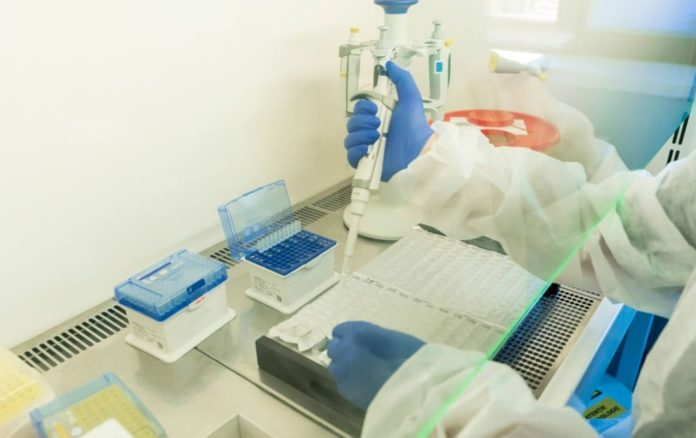New Study Has Revealed An Astonishing Interaction Between Advancing Age And Mutations In The DNA Of Our Blood Cells and How Gene Mutations Hijack Blood Cell Making At Different Stages Of Life.
A new study has revealed how genetic mutations hijack the formation of blood cells at various stages of life and how these changes connect to ageing and the development of age-related illnesses, such as blood cancer.
The new study, which was published in Nature today (1 June), is the first to look at the long-term effects of genetic mutations on cell growth patterns.
All human cells accumulate somatic mutations in their DNA over the course of their lives, with a subset of mutations driving cell multiplication. This occurs frequently in professional blood-making cells known as blood stem cells, resulting in the formation of clonal colonies of cells with identical mutations. This process, known as ‘clonal haematopoiesis,’ becomes more common as people become older and is a risk factor for blood cancer and other age-related diseases.
To learn more about how and when clonal haematopoiesis arises, how it is modified by ageing, and how it connects to disease, the researchers studied over 700 blood cell clones from 385 people over the age of 55 who took part in the SardiNIA longitudinal study. People gave blood samples regularly for up to 16 years.
Over the course of the study, DNA sequencing of blood samples revealed that 92.4 percent of clones expanded at a constant exponential rate. The nature of the mutant gene in each clone had the greatest impact on the rate of growth.
After observing the behavior of clones in their later years, the scientists utilized mathematical models to deduce their growth patterns across the whole human lifespan. They discovered that, depending on the identification of the mutant gene, clone behavior altered considerably with age.
Clones triggered by DNMT3A mutations grew rapidly in young people before slowing down as they got older. Second, clones resulting from TET2 mutations developed and increased evenly throughout life, becoming more prevalent than DNMT3A-mutant clones after the age of 75. Finally, clones with mutations in the splicing genes U2AF1 and SRSF2 only expanded later in life and grew at the quickest rates.
These age-dependent clonal behaviors reflect the occurrence of many forms of blood malignancies and show that mutations linked to rapid clonal growth are more likely to result in cancer.
The results of the study, according to Dr. Margarete Fabre, lead researcher “reveal how acquired genetic changes hijack blood formation during our lifetimes, with normal blood stem cells competing against cells with pre-leukaemia mutations.”
The results of the study, according to Dr. Margarete Fabre, lead researcher “reveal how acquired genetic changes hijack blood formation during our lifetimes, with normal blood stem cells competing against cells with pre-leukaemia mutations.”
These findings reveal, for the first time, “that the dynamics of blood clones are surprisingly predictable over a period of years, but also highlight that they change over a lifetime in ways we don’t understand yet,” according to Dr. Moritz Gerstung, co-senior author of the work
“Collectively, our work reveals an astonishing interaction between advancing age and mutations in the DNA of our blood cells that is played out as the expansion of cells with different mutations at different ages. Remarkably, these changes,” according to Professor George Vassiliou, co-senior author of the study, “lead to the emergence of different types of blood cancers at different ages, and with different risks of progression.”
“With this new understanding, researchers can begin to develop approaches and treatments to stop the development of blood cancer in its tracks.”
Image Credit: Getty
You were reading: New Research Unlocks Cellular Secrets Of Aging
